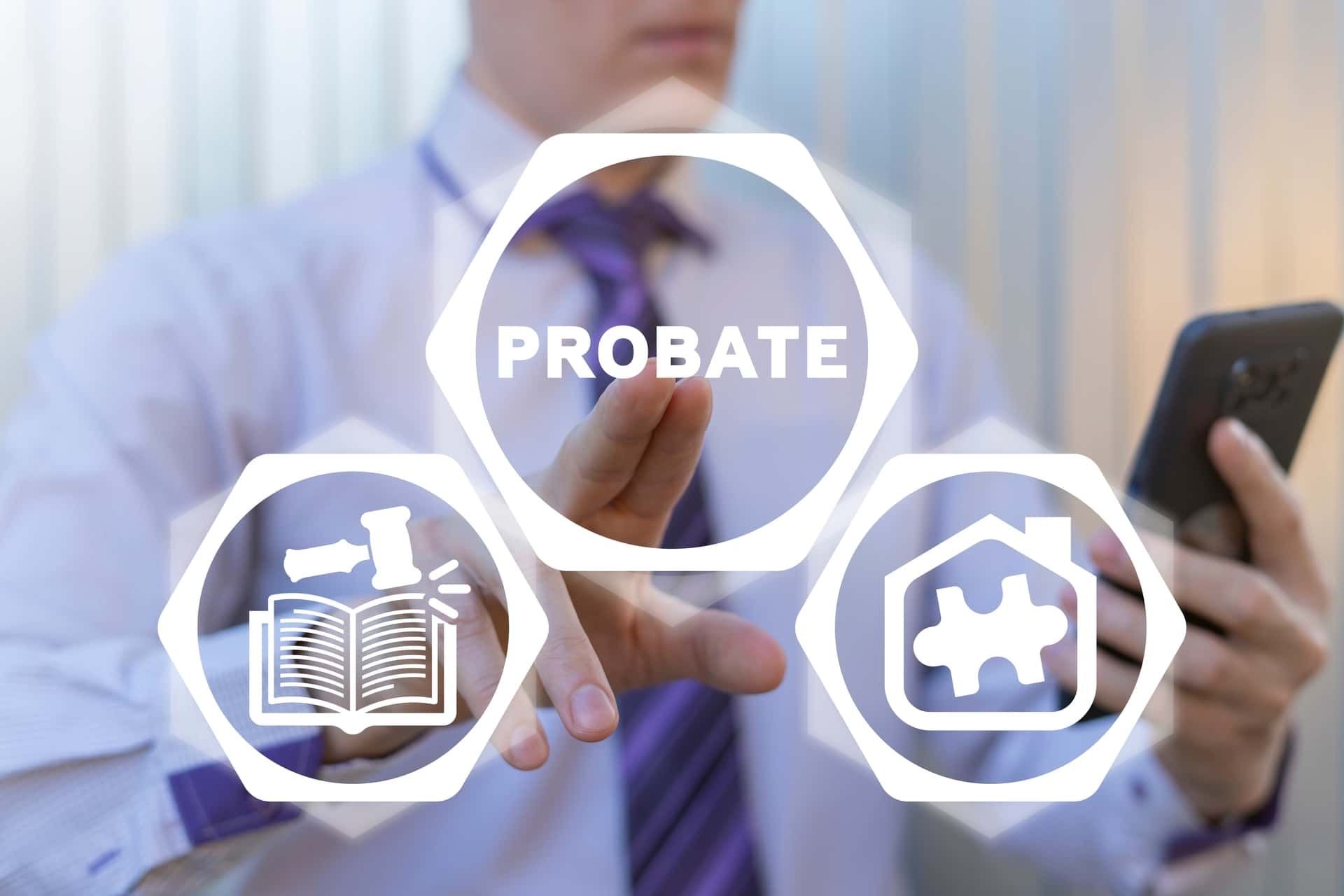How to Remove a Personal Representative From an Estate: A Step-by-Step Guide
Removing a personal representative from an estate can be a complex process and requires careful consideration. It is important to understand the legalities and potential consequences of removing a personal representative.
In this guide, we will provide you with all the information and steps you need to successfully remove a personal representative from an estate. We will explain the different grounds for removal, the process of filing a petition to remove a personal representative, and more.
What Is a Personal Representative?
A personal representative is someone who is responsible for managing the assets and liabilities of an estate following the death of the owner/decedent. Personal representatives might be executors if the decedents had a will. If not, they can be administrators.
Furthermore, a personal representative must follow the instructions outlined in the will if there was a will, or according to state law if there was no will. The personal representative’s responsibilities include the following:
1. Collecting the assets of the estate
2. Paying the decedent’s debts
3. Distributing the assets of the decedent’s estate
4. Disbursing funds according to the terms of the will, if there was a will
5. Distribute funds according to state law, if there was no will
Personal representatives have important responsibilities, so it’s important to appoint someone whom you trust to follow through with your wishes. If at any time there is a failure to fulfill those duties, it may be necessary to remove the personal representative from the estate. Read on to learn more about what that process involves.
Grounds for Removal of Personal Representative
There are several reasons that a personal representative may be removed from an estate. The most common grounds for removal are described below. The decision to remove a personal representative from an estate should not be taken lightly.
Before filing a petition to remove a personal representative, the next of kin should carefully consider the potential consequences.
1. The personal representative has failed to discharge their duties
2. The personal representative has mismanaged the estate
3. The personal representative has abandoned the estate
4. The personal representative is deceased
5. The personal representative is incompetent
Now that you know what constitutes grounds for removal, here’s what you need to know in order to proceed with the steps to remove someone from an estate.
Filing a Petition to Remove a Personal Representative
As the next of kin, you have the right to file a petition to remove a personal representative. You can do this by filing a probate petition to remove a personal representative in the probate court in the county where the decedent resided.
Before filing a petition to remove a personal representative, you should consult an attorney for advice. You should also inform the personal representative that you are contemplating the removal so that they can prepare their defense. The petition to remove a personal representative must include the following:
1. The name and address of the personal representative
2. The reasons for removal
3. Evidence to support the reasons for removal
4. The name and address of the person who you want to replace the current personal representative
5. The name and address of the person who will serve as administrator or executor
Your lawyer can assist you in making sure you have all of the necessary information and data correct when submitting your petition to the court.
Reviewing the Estate Accountings
It is also recommended that the next of kin review the accountings. An accounting is a report that shows the spending and the disbursement of funds from the estate.
The personal representative is required to provide an accounting to the next of kin at least once a year. The accounting should show the amount of funds that are left in the estate.
The Removal Process
Removing a personal representative from an estate can be a complicated process. The following steps outline the general procedure for removing a personal representative:
1. File the appropriate petition with the probate court. Depending on your jurisdiction and situation, you may need to provide additional documentation when filing this petition. The petition should include why you are requesting the personal representative be removed.
2. Provide notice to all interested parties of the filing by serving them with a copy of the petition and any other relevant documents or forms.
3. Attend the hearing regarding your petition, which may include testimony from both sides as well as witnesses if necessary. After considering all evidence, the court will make a ruling on the petition.
4. If the court rules in your favor, it will issue an order to remove the personal representative and appoint a new one. The new personal representative must then be sworn in before they can assume their duties.
Your attorney will be able to explain the specifics of the removal process in your jurisdiction and help you navigate the legal system. It is important to have a knowledgeable attorney on your side when dealing with estate matters, as they understand the nuances of probate law.
Potential Legal Consequences
The removal of a personal representative may result in the loss of the entire estate. If the judge agrees to remove the personal representative from the estate, they may appoint an administrator. The administrator may be required to distribute the entire estate to the decedent’s creditors.
A personal representative who was removed from the estate may be able to recover damages from the next of kin. If the next of kin filed a petition to remove a personal representative without reasonable cause, they may be entitled to damages.
Potential Legal Fees
If you file a petition to remove a personal representative without reasonable cause, you may be required to pay the legal fees of both parties. If the judge approves the removal, the next of kin may be required to pay the legal fees of the current personal representative, administrative fees, and all the decedent’s unpaid debts.
The best way to avoid paying these fees is to consider all the potential consequences of removing a personal representative and to only file a petition if you have reasonable cause. If you are not sure if you have a reasonable cause, it is best to seek legal advice before filing a petition.
Contact The Law Offices of Mary King
Let Mary King and her team of legal experts help you navigate the process by filing the necessary paperwork with your local court.
Mary King and her team also offer assistance in providing notice to all involved parties so that your removal is done correctly and efficiently.
For more information on how to remove a personal representative from an estate, contact The Law Offices of Mary King today at
941-906-7585 for reliable and experienced legal assistance.
The information in this blog post is for reference only and not legal advice. As such, you should not decide whether to contact a lawyer based on the information in this blog post. Moreover, there is no lawyer-client relationship resulting from this blog post, nor should any such relationship be implied. If you need legal counsel, please consult a lawyer licensed to practice in your jurisdiction.
Disclaimer: The information on this website and blog is for general informational purposes only and is not professional advice. We make no guarantees of accuracy or completeness. We disclaim all liability for errors, omissions, or reliance on this content. Always consult a qualified professional for specific guidance.
RECENT POSTS
CONTACT US






